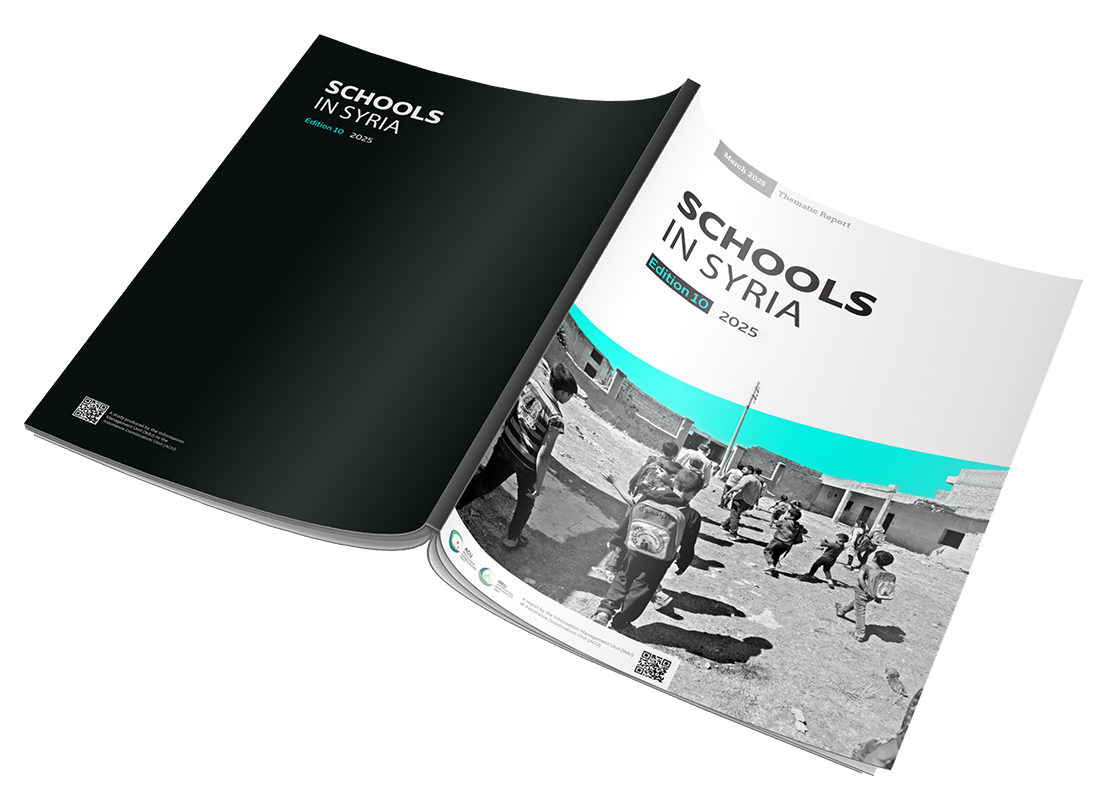Throughout northern Syria, adjacent to the Turkish border, there are approximately 200 Internally Displaced Person (IDPs) camps. Many of those displaced within the camps are suffering from difficult humanitarian conditions. The Assistance Coordination Unit (ACU) through its IDP camp enumerators monitors any changes in living conditions in 160 camps, approximately 80% of the total number of camps in northern Syria. With the start of the summer and the lack of adequate support in sectors including Food Security, Health, WASH, and Education for the displaced people, a growth in the spread of diseases related to the low level of hygiene and increase in pollution has been noticed.
This study focuses on diseases where an increase in the number of people infected during the past two months has been noticed.
- Leishmaniasis: The number of cases in April 2015 was 614, while in May 2015 , 881 new cases were recorded. This is a noticeable and worrying increase which requires a response to improve methods of prevention and treatment.
- Lice: The number of cases in April 2015 was 14,177, while in May 2015, 16,343 new cases were recorded. A response to this increase will require increasing the distribution of personal hygiene items and increasing water distribution.
- Scabies: Infection numbers decreased with the number of cases in April 2015 (499), while in May 2015, 347 new cases were recorded. Raising the level of hygiene is expected to decrease the number of scabies cases.
- Medical Centres: Research around the medical centres that provide treatment for residents of camps shows that most of these centres are located outside the camps, making treatment difficult to access.
- Open Sewage: 125 out of 160 camps suffer from the presence of an open sewage system, which is a massive risk for the spread of disease.
- Swamps: 65 swamps are located within or near the camps. Swamps are considered a major factor in the spread of disease.
- WasteManagement: In most camps waste is removed periodically and this is not currently considered a significant problem. In 26 out of 160 camps waste accumulation is noted as a problem.
- HygieneKits: Only 8 camps out of 160 monitored reported receiving hygiene kits regularly. Moreover, 95% of all camp residents believe that hygiene kits are insufficient even when received. The need for hygiene items is therefore a massive gap that needs to be filled urgently.




